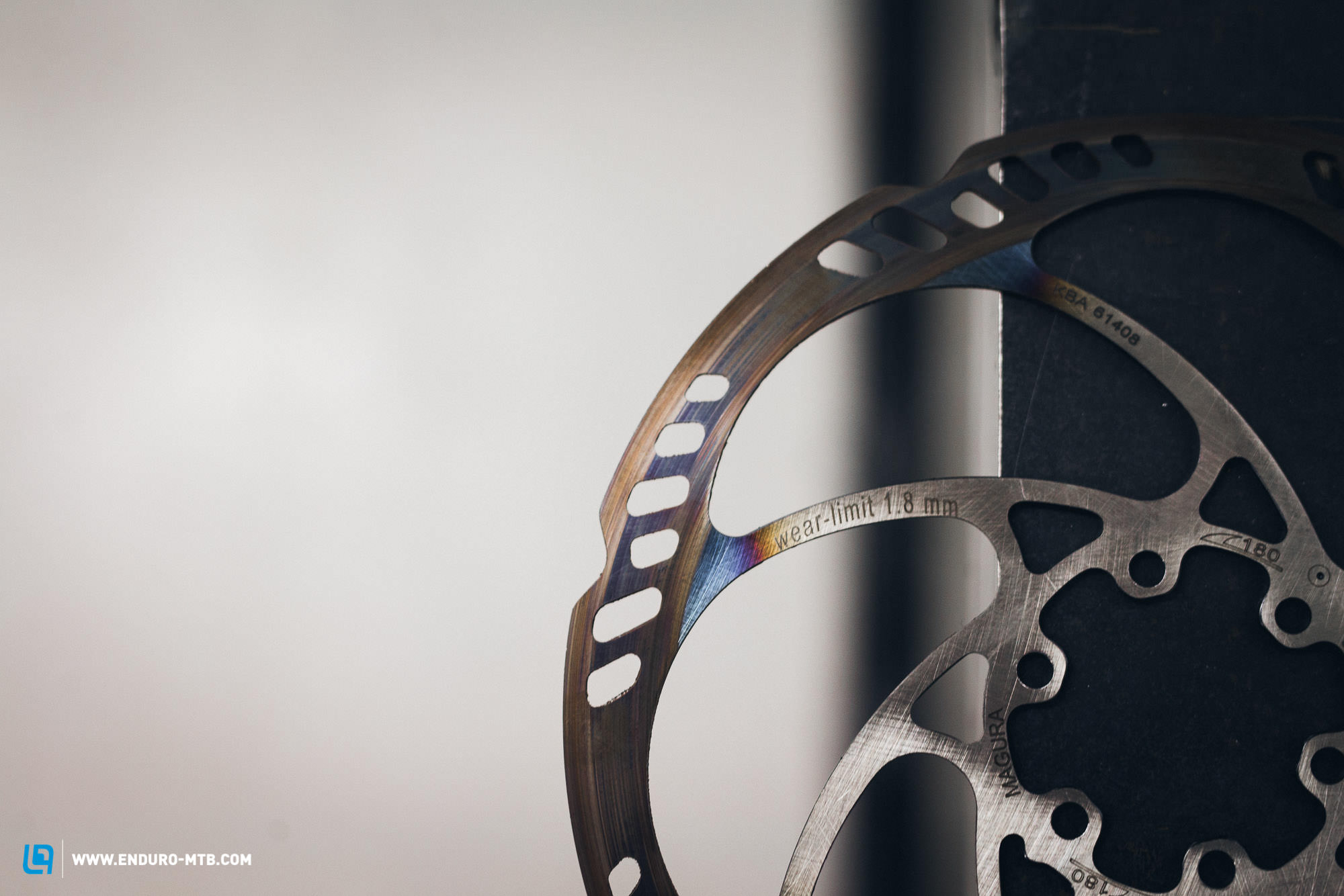Funny how what we've been told vs the science
Definitely makes sense to me

 enduro-mtb.com
enduro-mtb.com
Definitely makes sense to me

Ending the rotor size myth – Why you should have a bigger brake rotor at the back than the front
Small up front, big at the rear? Contrary to popular belief, many of us should ride with bigger rotors at the rear than at the front. Read on to find out why:






